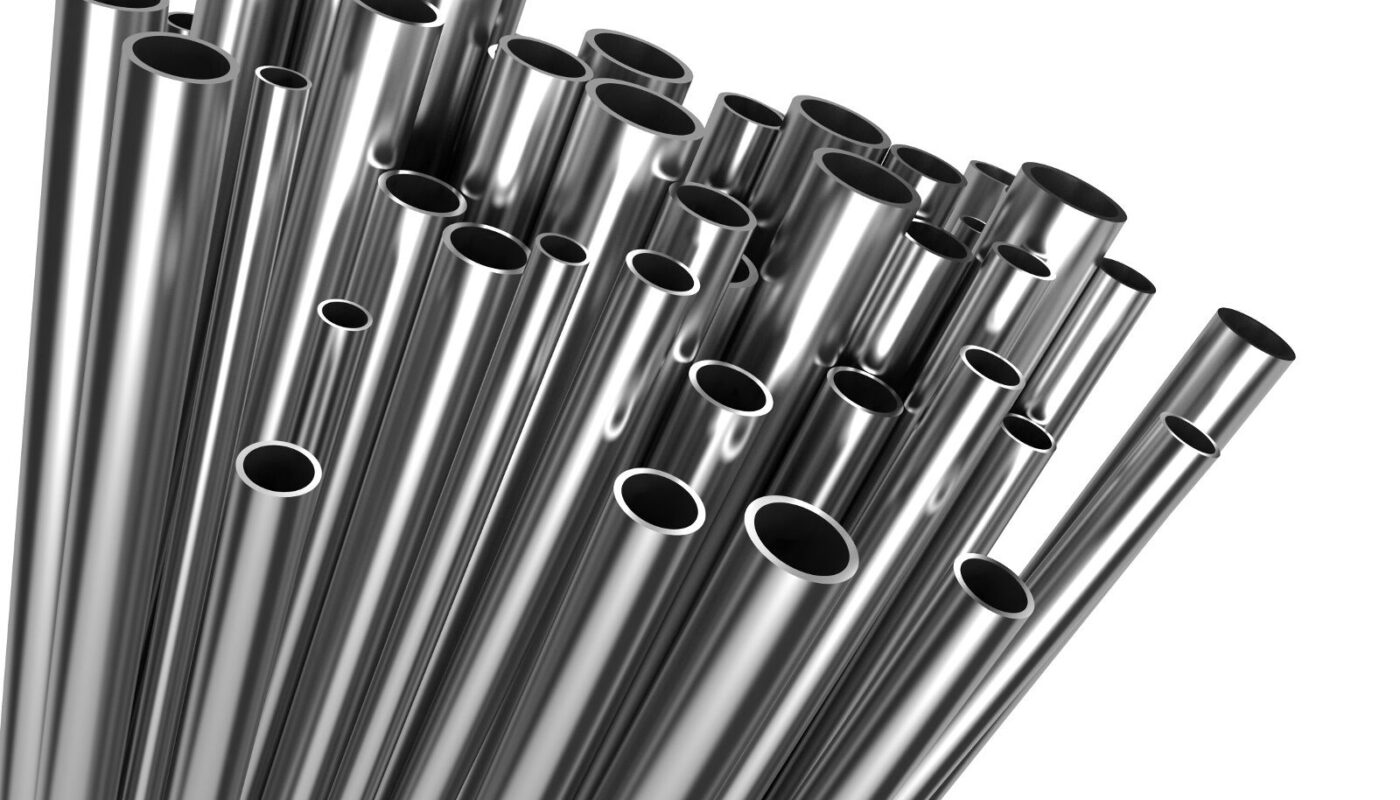Nickel Alloys- The Vital Materials For Modern Technology
Nickel alloys are widely used metallic materials known for their unique properties like corrosion resistance, heat resistance and strength. These alloys play an integral role in various industries like aerospace, oil and gas, chemical processing etc. Let us take a detailed look at nickel alloys, their properties and applications through this article.
What are Nickel Alloys?
Nickel alloys are materials formed by combining nickel with other metals like chromium, iron, molybdenum etc. to achieve enhanced properties. Nickel itself is a silver-white metal known for its magnetic and electric properties. By alloying nickel with other elements, properties like corrosion resistance, high strength over a wide temperature range can be obtained. Some common nickel alloys include Hastelloy, Inconel, Monel etc. The alloying elements are carefully chosen and their proportion is maintained to achieve the desired characteristics.
Properties of Nickel Alloys
The addition of alloying elements to nickel results in unique properties which make nickel alloys highly suitable for industries dealing with corrosive environments and high temperatures. Some of the key properties include:
– Corrosion Resistance: Alloying nickel with chromium produces highly corrosion resistant alloys suitable for seawater and chemicals. This is due to the formation of a passive protective oxide layer on the alloy surface.
– Heat Resistance: Nickel alloys can withstand high temperatures up to 1150°F without losing strength and elasticity. They maintain mechanical integrity at elevated temperatures.
– Strength and Hardness: Alloying with elements like aluminum and titanium produces very high strength nickel alloys with excellent hardness and wear resistance.
– Fabricability: Nickel alloys can be easily formed, welded and machined as required by different fabrication techniques. They can also be strengthened by cold working and heat treatment processes.
– Magnetic & Electrical Properties: Like pure nickel, alloys also demonstrate useful magnetic and electrical characteristics. This enables their use in applications involving electromagnetic and current carrying functions.
Common Nickel Alloy Types
Based on their composition and properties, some commonly used nickel alloys include:
Hastelloy:
Hastelloy alloys contain nickel, molybdenum and chromium. They have extraordinary corrosion resistance towards acids, organic chemicals and sea water. Widely used in chemical and oil & gas industries for example in hydrochloric acid service.
Inconel:
Developed by Special Metals Corporation, Inconel contains nickel, chromium and often iron. Very high strength and weldability. Resists cracking and oxidation up to 1200°F. Used in jet engines, gas turbines etc. due to high heat resistance.
Monel:
An alloy of around 67% nickel and 31% copper along with other minor elements. Provides resistance to seawater and various chemicals like acids and alkalis. Commonly used for underground piping systems and sea water handling duties.
Nickel 201:
An alloy containing nickel, chromium and molybdenum. Combines superior elevated temperature strength and resistance to aqueous corrosion. Suitable for applications at temperatures up to 1500°F like furnace parts.
Applications of Nickel Alloys
Due to their excellent properties, nickel alloys are extensively used across many industries for equipment operating under demanding conditions. Some major application areas include:
– Aerospace: Jet engines, gas turbines, rocket propulsion systems use nickel alloys for critical high strength and heat resistant parts.
– Chemical Processing: Pumps, valves, reactors and piping handling corrosive chemicals widely employ nickel alloys for their corrosion resistance.
– Oil & Gas: Offshore rigs, shipping vessels, pipelines and refineries use nickel alloys as they can withstand seawater, drilling fluids and petrochemicals.
– Power Generation: Boilers, steam turbines and other high temperature equipment in thermal and nuclear power plants use nickel alloy components.
– Marine: Marine hardware, propellers subjected to sea water heavily rely on nickel alloys like Monel for their seawater corrosion resistance.
– Industrial: Valves, furnaces, heat exchangers in various process industries use nickel alloy equipment for withstanding harsh environments.
Nickel alloys have emerged as indispensable metallic materials for modern technology owing to their unique blend of properties. Their excellent corrosion resistance, strength and heat resistance have made nickel alloys the material of choice for critical applications in strategic industries. Further developments in alloy design continue to expand the scope and capabilities of these alloys. Nickel alloys are certainly going to play a leading role in the development and growth of key industries in the future.
Note:
1. Source: Coherent Market Insights, Public sources, Desk research
2. We have leveraged AI tools to mine information and compile it




